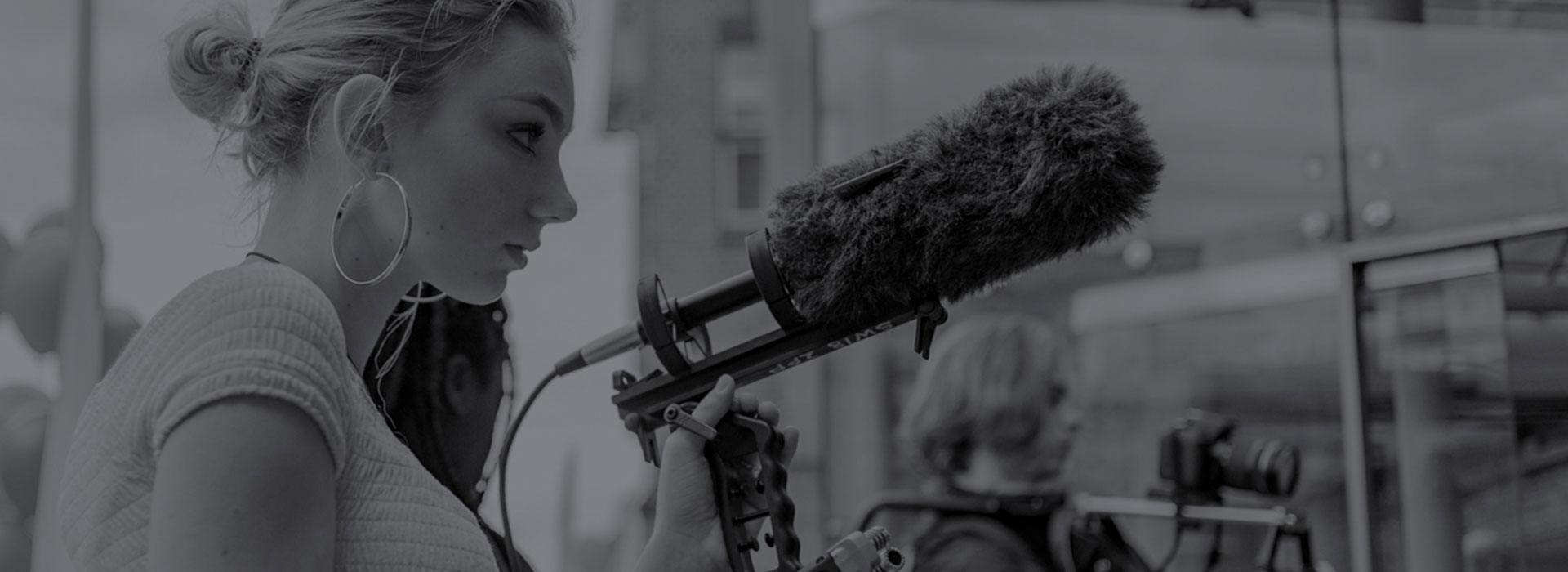The first year students, who are studying on the BTEC 90 Credit Diploma in Fashion & Clothing, were given a week to work on their designs using huge amounts of creativity and a fabulous use of colour. Think dresses into shirts, t-shirts and blouses, silk scarves into tops, jeans into shorts, tie-dye and dip dye, alongside cutting, slashing and snipping to completely change the nature of the garment using simple but effective techniques. By adding embellishments, such as hand- or machine-stitched embroidery, applique and acrylic each piece became a remodelled one-of-a-kind garment that was given a totally original design.
Denise Hallam, Community Engagement Executive (South) at Oxfam, was very impressed, commenting: “I am totally inspired by the work that these first year Fashion students have produced in such a short space of time. They have really addressed the issue of how we can create something old and unwanted into something new, reused, recycled and reloved. I felt honoured to be part of the project.
John McLaverty, Youth and Community Organiser at Oxfam, spoke honestly and passionately about the wide range of economic, social and environmental impacts the clothing industry creates across the globe. John explained that the fashion industry is notorious for its huge waste problems with vast amounts ending up in landfill each year as well as being responsible for a larger percentage of global carbon emissions than aviation and shipping combined. The cotton industry, in particular, is incredibly water-intensive. The water footprint for one cotton shirt, for example, is 2,700 litres which is the equivalent of enough water for one person to drink for 2½ years. Countries like India and Pakistan are major suppliers of cotton, yet suffer from high levels of water shortage.
Although the growth in textile production has helped to spur growth in developing economies, this comes with a cost. There is much evidence of extremely poor working conditions and cheap, forced and child labour as a result of supply chains putting profits ahead of human welfare. John used the expression “there’s no such thing as a free lunch” to explain that things that appear free (or in this instance, very cheap) always have a cost.
He commented further: “The world is seeing an explosion of all types of youth activism to challenge the climate emergency. One of the big contributors to the crisis is fast fashion, so it was brilliant to see the students at Kingston College respond with such a great project. Their work is amazing and shows that creativity, style and flair have their part to play in building a more sustainable future.”
The good news is that the trend for upcycling is gaining momentum with the notion that clothing should be revalued, reimagined and enhanced - and given a new life, rather than being discarded and ending up in landfill.
Student, Elizabeth Asekun (see image), who was commended by Denise on her creativity using a minimal amount of additional items to make something fantastic, commented: “Doing the Oxfam upcycling project has opened my eyes to a lot of things in terms of recycling and fast fashion. I’ve learnt that instead of purchasing new clothes you can simply revamp the old ones which is good for the environment and saves you money. What I enjoyed most about this project was experimenting with resources like paint and dye - it’s amazing what the outcome is. From now on, I will definitely start revamping all of my old clothes, which works out better for me as I’ll have exclusive wear that isn’t sold in stores and will also be helping the environment.”
Oxfam have expressed an interest in displaying the students’ designs and mood boards in their shops in central London in St John’s Wood, Covent Garden and Marylebone. The students have also been offered some fantastic work experience opportunities with them.
Check out all the upcycled designs on our Facebook album. All photos were taken by our Year 1 BTEC Extended Diploma in Photography students.


